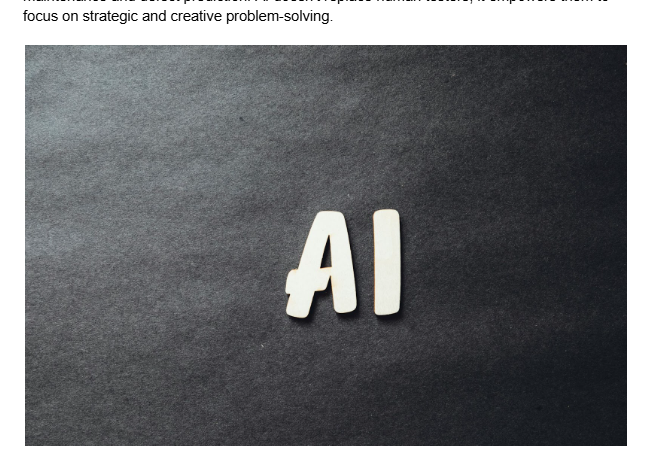
The talent screening and assessment platform refers to the platform used for evaluating applicants. It’s based on their abilities and skills to determine whether they match the company. Because job functions, corporate cultures, and geographic locations vary, many companies employ several talent assessment technologies and software. As a result, the hiring team develops a plan to find the best personnel on the market. A range of tools and tests, including background check tools, resume parsers, video interviewing software, online skill assessment examinations, aptitude tests, and in-person interviews, are used by companies to improve their talent evaluation strategies.
How can you utilize these platforms during screening and assessments?
Recruiters and hiring managers must create a talent assessment strategy and use talent assessment methods to speed up the screening process. Employers can forecast a candidate's performance on the job with the aid of skill assessments. Tests for verbal, logical, technical, and numeric aptitude are among the many types used by recruiters. It may be expensive to hire the wrong people, and poor selection decisions can harm employee morale, eat up important management time, waste money on training and development, and lower staff productivity and a company's profitability. The selection process and all other procedures relating to hiring decisions must be valid, fair, lawful, and cost-effective, according to HR professionals. You might wish to administer a test in advance of a formal interview if the role you're interviewing for demands a highly technical skill set, such as that of a software engineer.
1. Set up a screening process
a. Define the pre-screening questions
Before conducting a more in-depth interview or recommending a candidate to your customer, you can discover more about them by asking them a set of pre-screening questions. The pre-screening questions elicit more details from the applicant regarding their professional objectives, preferred jobs, skills, education, and other factors. Pre-interview questions might assist you in learning more about applicants than is provided on their resumes. The initial interview questions can help you narrow down the prospect pool and shorten the time you spend interviewing candidates. A thorough interview is still preferred over using the questionnaire. Candidates will probably take no more than 10 minutes to complete your questionnaire. Some candidates won't complete it if it's too long, so be mindful. Typical pre-screening questions include “When can you start work if hired?”, “Are you willing to relocate?” and "Can you provide a sample of your work?”.
b. Automate resume screening with the platform
Do you intend to review 500 resumes? That can take a lot of time, and you may miss the best resume. You require a more effective method that enables you to screen resumes quickly. You need advanced resume reading techniques that can sort candidates based on their education, experience, and other parameters set by the recruiters. Shortlisting prospects for interviews by implementing a resume screening is an easy technique to exclude unqualified applications from the application process. The shortlisted candidates are arranged in accordance with the standards. The recruiters then provide the hiring managers with the list and proceed with the interview process.
c. Replace phone interviewing with one-way video interviewing
The evaluation of the applicant's employment application and résumé is usually the first step in the pre-screening procedure, which is then followed by one-way video or phone interviews. The goal of reviewing resumes is to weed out candidates who don't satisfy the minimum qualifications for a post (e.g., minimum experience or education, willingness to relocate, and salary requirements). A first-round interview can be quickly and inexpensively replaced with a phone interview. An employer can learn a great deal about a candidate's general communication abilities, sense of humor, listening skills, attitude, and professionalism from the first phone contact. But even further, we have a one-way video interview. One-way video interviews are becoming more and more commonplace every day. Often, the process of one-way video interviewing is even cheaper, saving all parties time and allowing for hassle-free screening.
2. Setup a Skill Assessment Process
a. Cognitive evaluation
Examinations of cognitive talents, sometimes known as "general aptitude tests," frequently include exercises in reasoning, memory, problem-solving, and other cognitive skills. These employee evaluations support the examination of applicants' general intelligence, conceptual comprehension, and problem-solving abilities.
b. Personality evaluation
Personality tests can help you estimate how well an employee will perform in your business based on their interpersonal skills, drive, and inspiration. You may also use it to identify the job duties where a particular applicant might shine.
c. Skill evaluation
Rapid scientific and technological breakthroughs have made skill assessments a trustworthy, economical, and convenient tool for businesses to assess both present employees and potential new hires. By using these exams, you can make sure that both potential hires and current employees possess the abilities required to carry out their jobs successfully.



